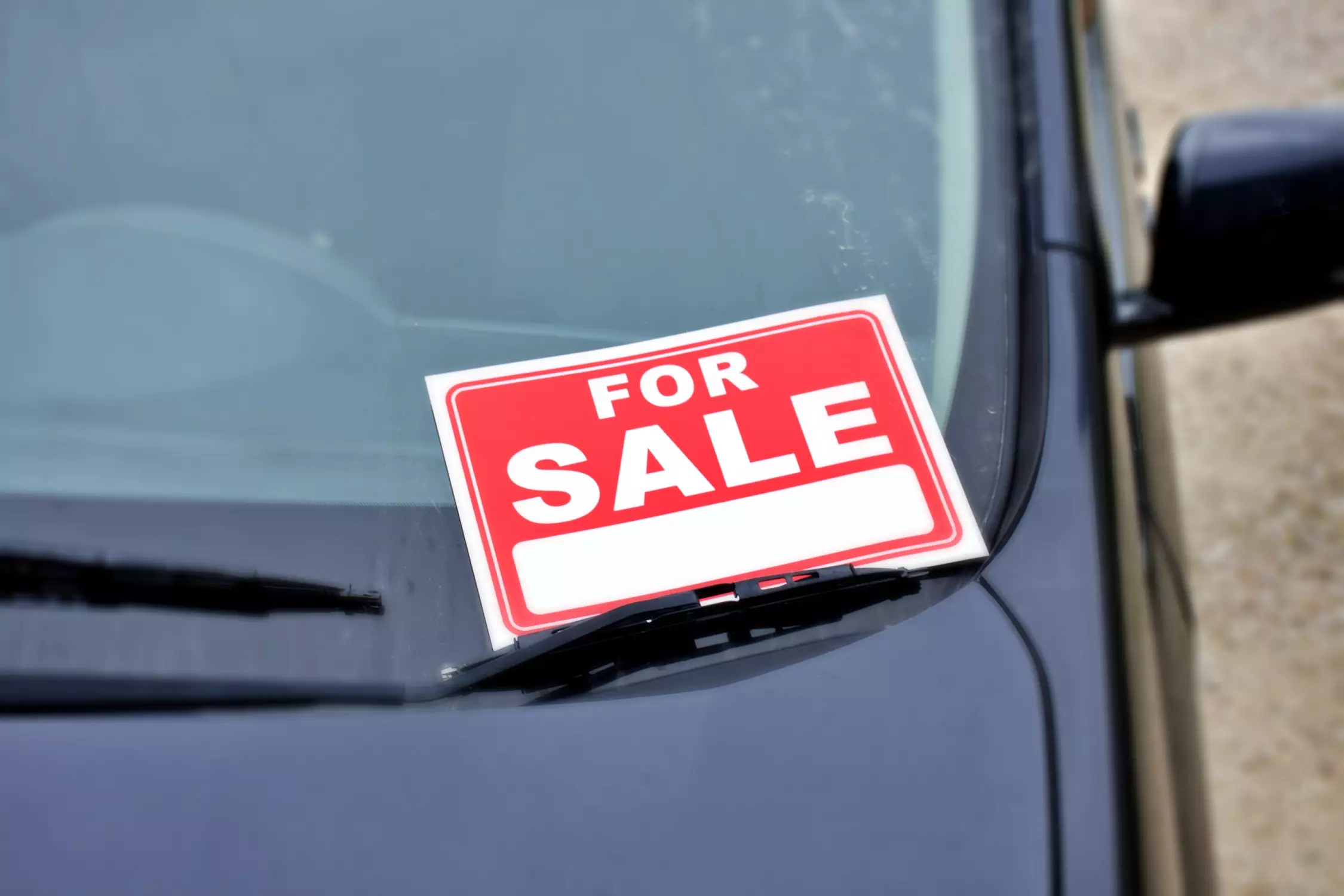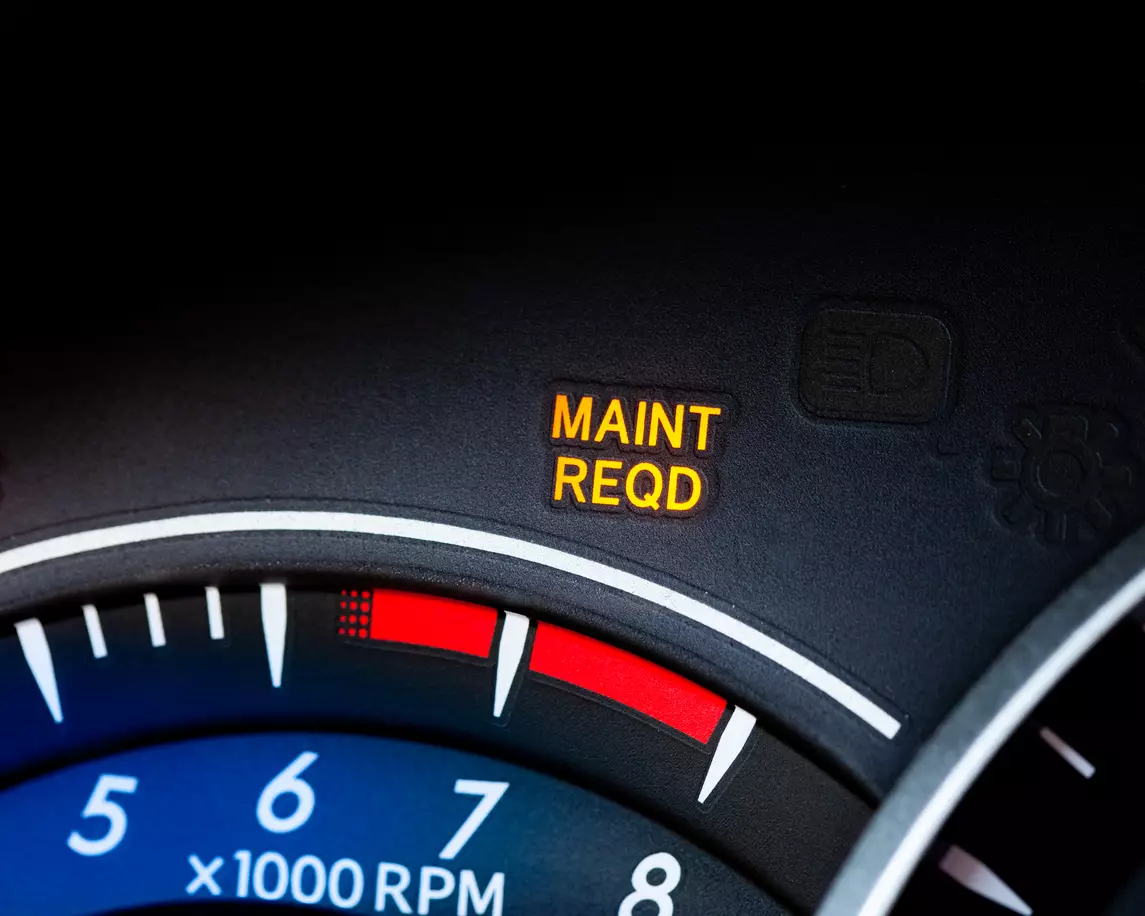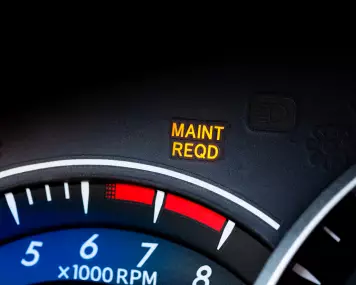Curbstoning is an illegal practice in which sellers draw potential used car buyers into locations such as a vacant lot or the side of the road (also known as curbside) to sell them unfit vehicles. These curbstoners pose as private individuals, creating the appearance of a personal one-time sale; however, they may be selling cars frequently and without proper oversight.
Curbing a car carries serious risks as the vehicles sold via this practice come with serious risks. Usually, curbstoned vehicles are misrepresented, with hidden mechanical problems, rolled-back odometers, or undisclosed salvage or rebuilt titles. In many cases, buyers receive no warranties, no clear paperwork, and no legal protection if something goes wrong. Curbstoned vehicles are typically sold without adhering to federal or state regulations, such as lemon laws that may protect buyers from purchasing defective cars.
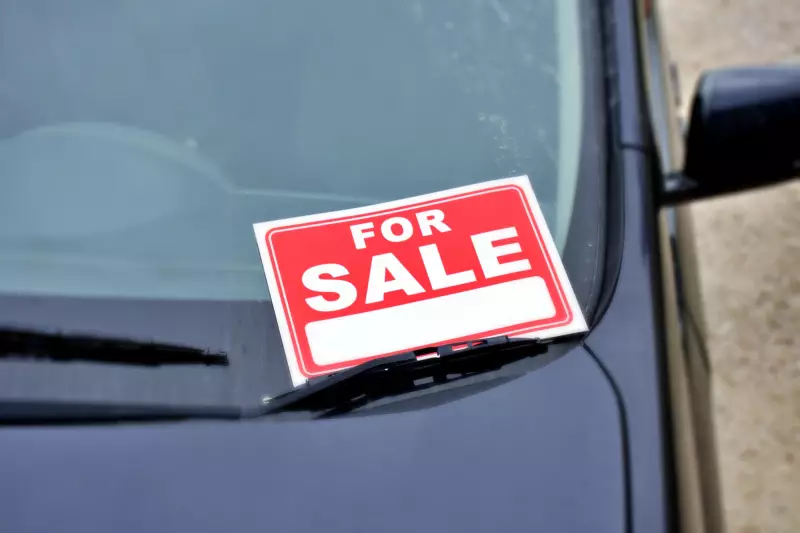
What Is Curbstoning and Why Is It a Problem?
Curbstoning refers to an illegal practice where a used vehicle is sold without a proper dealer license, usually by persons posing as private sellers. These unlicensed sellers typically flip multiple cars without following the legal requirements outlined for professional car dealers in the jurisdictions where the cars were sold. Since the stipulated regulations designed to protect consumers are circumvented in curbstoning, buyers face significant financial risks by purchasing used cars from curbstoners.
How Curbstoning Works
Curbstoners typically sell vehicles from public spaces such as parking lots, roadsides, or even outside their homes. In the illegal practice, these scammers may claim they are selling the car for a friend or relative to avoid questions about ownership. They may also rotate vehicles quickly to avoid detection and circumvent licensing laws that limit how many vehicles a private individual may legally sell per year. In many cases, curbstoners use temporary tags or avoid registering the vehicle in their name to hide their identity and avoid responsibility.
Why It’s Illegal and Risky
Since curbstoning bypasses consumer protection laws aimed at safeguarding car buyers, it is considered illegal. In curbstoning, buyers often get no warranties, no return options, and no legal recourse if the vehicle turns out to be defective. Common problems associated with curbstoned vehicles include hidden mechanical issues, rolled-back odometers, undisclosed salvage or rebuilt titles, flood damage, and missing paperwork like title documents. In some scenarios, curbside vehicles may have liens or be stolen.
Common Signs of a Curbstoning Scam
You can save yourself from significant and costly problems by identifying red flags that may indicate a potential curbstoning scam. Some of these red flags include the following:
Seller Refuses to Meet at Their Home Address
One common tactic used by curbstoners is avoiding any meeting at their residence. Rather than meet at their residences, they may insist on meeting in a public place like a parking lot, gas station, or roadside. The intention is to hide their identity and avoid leaving any traceable connection to the sale.
Seller Has Multiple Listings or Vehicles for Sale
Sometimes, the same phone number or contact information appears on multiple listings for different vehicles. In cases like this, chances are that the person is not a casual private seller but a curbstoner. Also, repeated advertisements on You may check platforms like Craigslist or Facebook Marketplace may indicate curbstoning activity.
Title Is Not in Seller’s Name
Another indicator of a curbstoning scam is when the name on the vehicle title does not match the ID of the seller. Usually, a legitimate private seller would have the title in their name. However, if they claim they are selling the car for a friend or say they have just purchased the car, you should proceed with caution, as the car may have been illegally flipped.
Pushy Behavior and No Vehicle History
High-pressure tactics remain a common pushy behavior exhibited by curbstoners to rush the sale of a car. These tactics include an unwillingness to answer detailed questions about the history of the vehicle, avoiding providing complete information on maintenance records, or dismissing requests for a vehicle's history report. These tactics aim to ensure that they move the car quickly before potential buyers can detect any issues with the car.
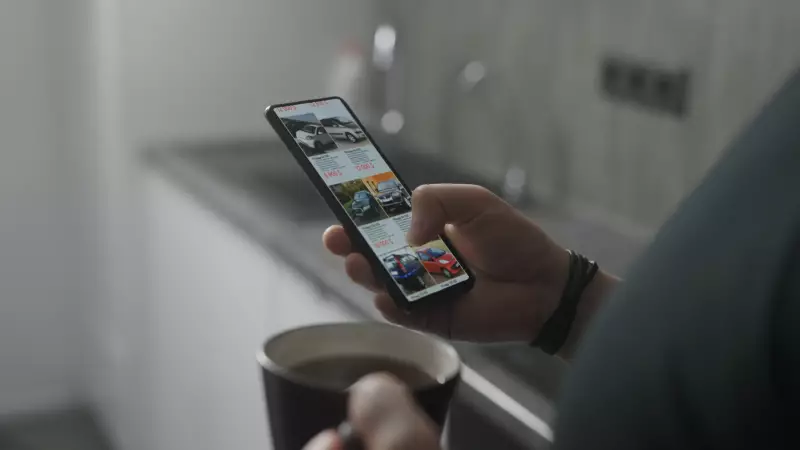
How To Protect Yourself When Buying a Used Car
If you choose to buy a car from a private seller and not a dealership, you must be aware that it comes with certain risks. In order to avoid scams and ensure you are making a legitimate purchase, consider taking the following actions to verify the seller's identity and protect yourself.
Ask for ID and Compare with the Title
Asking the seller for their ID is the first step when buying a car from a private seller. The intention is to verify that the name on the identification is the same as the name on the vehicle title. Consequently, you may confirm that the seller is the legal owner of the car. However, if the names do not match, you should ask for a sufficient explanation and proof to back up the seller's claims in the form of supporting documents.
Run a VIN Check or Vehicle History Report
Before you commit to buying a used car, it is important that you run the VIN of the car through a reputable service that provides car history reports. The report obtained from such a search typically reveals details such as salvage status, prior accidents, title branding, odometer readings, and flood damage. These details may help you avoid making costly financial decisions.
Get a Pre-Purchase Inspection
A pre-purchase inspection is another important step that people looking to buy used cars should take. Having a qualified mechanic inspect the car before finalizing the sale may help you uncover hidden problems that may not be visible during a test drive. Some of these issues include engine issues, frame damage, or signs of poor repairs.
Avoid Cash-Only Sales
If a seller insists on cash only when buying a car, it may be indicative of fraud. Although some private sales are done in cash, a legitimate seller should be open to traceable payment methods like bank transfer, certified check, or escrow service. Also, you should get a signed bill of sale including the names of both parties, the sale amount, the date, and the vehicle details. Possessing these documents may serve as legal protection and are important for future registration.
What To Do If You Suspect Curbstoning
If you believe you have encountered a curbstoner or purchased a vehicle from one, you must take important steps to protect your rights and report the situation. Some of the steps you may take include the following.

Report the Seller to the DMV or Local Authorities
The first and potentially the most important step you may take is to contact the state's Department of Motor Vehicles (DMV) in the jurisdiction where you met with the seller or where the transaction happened. Most DMVs offer dedicated hotlines, online forms, or complaint sections for reporting unlicensed vehicle sales. In your report, you must provide as many details as possible, such as the seller's contact information, vehicle details (such as license plate number and Vehicle Identification Number), location of the sale (if you already purchased the car), and any communication records. Upon submitting the report, local law enforcement agencies may investigate if fraud or theft is suspected.
Contact Consumer Protection Agencies
Also, you may file a complaint with your state attorney general's office or local consumer affairs agency. The office typically handles fraud cases and may assist in mediating disputes or recovering financial losses. In the complaint, you will need to include documents such as vehicle history reports, bill of sale, title documents, and other receipts or messages from the seller.
Consider Legal Action If You've Been Scammed
If you have already been scammed in a purchase, consider taking legal action by hiring an attorney to represent you in court. Car purchase scams may be heard in the small claims court. Illegal actions that may necessitate a court action include a misrepresentation of the car's condition, title, or history. Note that to support your claims in court, gather and organize all documents related to the sale, including your communication with the seller, payment proof, and inspection reports. The court may order the seller to refund your money or award damages, depending on the direction of the proceedings.
In summary, curbstoning poses serious legal and financial risks to unsuspecting car buyers by disguising fraudulent sales as private transactions. By learning to recognize the warning signs and taking preventive measures such as verifying ownership, running vehicle history reports, and insisting on proper documentation, buyers can protect themselves from costly scams and ensure a safer, more transparent purchase


